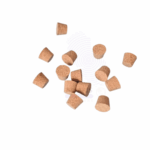
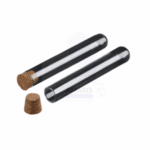

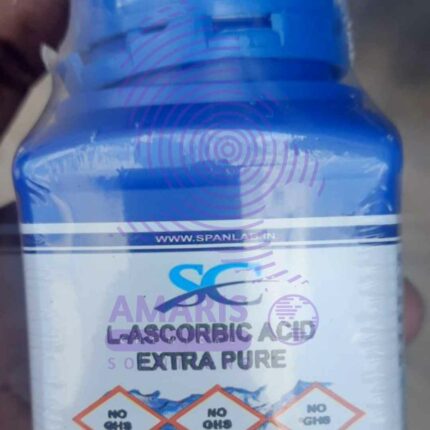
Cork to fit test tube
$70.00 Original price was: $70.00.$50.00Current price is: $50.00.
Cork stoppers are a classic choice for sealing test tubes. They’re typically made from the bark of cork oak trees, which is lightweight, flexible, and impermeable to liquids and gases. Cork stoppers come in various sizes to fit different test tube diameters snugly, ensuring a secure seal to prevent leaks or contamination. When inserting a cork stopper into a test tube, it’s important to ensure a proper fit to maintain the integrity of the experiment or sample being contained.
uses of Cork to fit test tube
Sample Storage:
Test tubes often contain samples of liquids or solids for analysis or storage. Cork stoppers provide a secure seal, preventing the contents from leaking or evaporating.
Chemical Reactions
In experiments where chemical reactions occur within test tubes, it’s important to seal the tubes to contain the reaction and its byproducts. Cork stoppers help maintain a closed environment, allowing for controlled reactions.
Transportation:
When transporting samples or conducting fieldwork, cork stoppers prevent spills or contamination of the contents within the test tubes.
Culture Growth:
Test tubes are commonly used in microbiology for growing cultures of microorganisms. Cork stoppers help create a closed environment conducive to microbial growth while preventing contamination from outside sources.
Preservation:
Cork stoppers can be used to seal test tubes containing sensitive materials that need to be preserved over time, such as biological samples or volatile compounds.


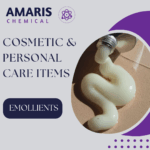 Emollients
Emollients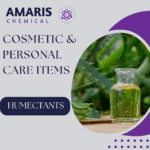 Humectants
Humectants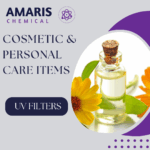 UV Filters
UV Filters Surfactants (cosmetic)
Surfactants (cosmetic) Preservatives (cosmetic)
Preservatives (cosmetic) Fragrances and Essential Oils
Fragrances and Essential Oils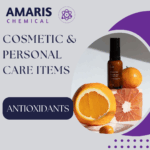 Antioxidants (cosmetics)
Antioxidants (cosmetics)
 Solvents (lab)
Solvents (lab) Chromatography Chemicals
Chromatography Chemicals Microbiology and Cell Culture Reagents
Microbiology and Cell Culture Reagents Biochemical Reagents
Biochemical Reagents Inorganic and Organic Standards
Inorganic and Organic Standards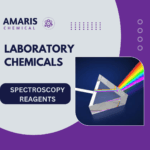 Spectroscopy Reagents
Spectroscopy Reagents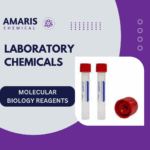 Molecular Biology Reagents
Molecular Biology Reagents
 Precious Metal Extraction Agents
Precious Metal Extraction Agents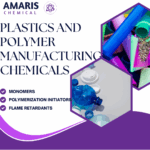
 Plasticizers
Plasticizers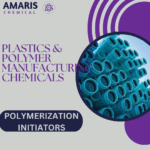 Polymerization Initiators
Polymerization Initiators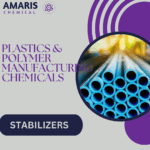 Stabilizers
Stabilizers Monomers
Monomers Fillers and Reinforcements
Fillers and Reinforcements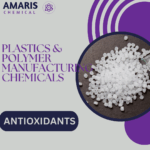 Antioxidants (plastics)
Antioxidants (plastics)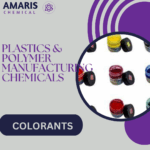 Colorants (plastic pigments,Dyes)
Colorants (plastic pigments,Dyes)
 Fertilizers
Fertilizers Plant Growth Regulators
Plant Growth Regulators Soil Conditioners
Soil Conditioners Animal Feed Additives
Animal Feed Additives Biostimulants
Biostimulants
 Dough Conditioners
Dough Conditioners Flour Treatments
Flour Treatments Fat Replacers
Fat Replacers Preservatives (baking)
Preservatives (baking)
 Surfactants (cleaning)
Surfactants (cleaning) Builders
Builders Bleaching Agents
Bleaching Agents Enzymes
Enzymes Solvents (cleaning)
Solvents (cleaning) Fragrances
Fragrances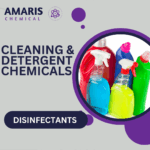 Disinfectant
Disinfectant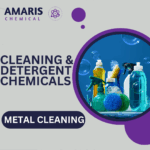 Metal cleaning
Metal cleaning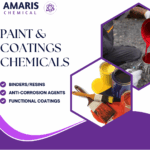
 Binders/Resins
Binders/Resins Pigments
Pigments Solvents (paint)
Solvents (paint) Additives
Additives Driers
Driers Anti-Corrosion Agents
Anti-Corrosion Agents Specialty Coatings
Specialty Coatings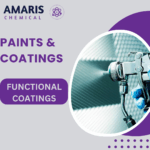 Functional Coatings
Functional Coatings Application-Specific Coatings
Application-Specific Coatings
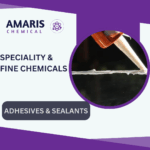 Sealants and Adhesives
Sealants and Adhesives
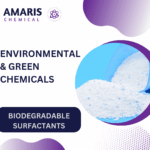 Biodegradable Surfactants
Biodegradable Surfactants Bio-based Solvents
Bio-based Solvents Renewable Polymers
Renewable Polymers Carbon Capture Chemicals
Carbon Capture Chemicals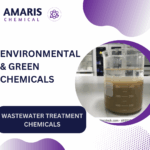 Wastewater Treatment Chemicals
Wastewater Treatment Chemicals
 Preservatives (food)
Preservatives (food) Flavor Enhancers
Flavor Enhancers Acidulants
Acidulants Sweeteners
Sweeteners Emulsifiers
Emulsifiers Antioxidants (food)
Antioxidants (food) Colorants (food)
Colorants (food) Nutrient Supplements
Nutrient Supplements Nutraceutical Ingredients
Nutraceutical Ingredients
 Fresh Herbs
Fresh Herbs Whole Spices
Whole Spices Ground Spices
Ground Spices Spice Blends
Spice Blends
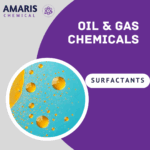 Surfactants(oil)
Surfactants(oil)
 Antibiotics
Antibiotics Active Pharmaceutical Ingredients
Active Pharmaceutical Ingredients Excipients
Excipients Vaccine Adjuvants
Vaccine Adjuvants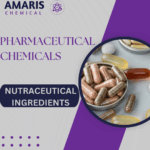 Nutraceutical Ingredients
Nutraceutical Ingredients Solvents (pharmaceutical)
Solvents (pharmaceutical)
 Automotive chemicals
Automotive chemicals Pyrotechnic Chemicals
Pyrotechnic Chemicals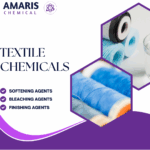
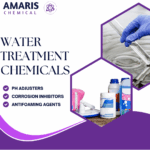

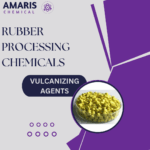 Vulcanizing Agents
Vulcanizing Agents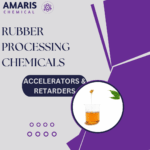 Accelerators & Retarders
Accelerators & Retarders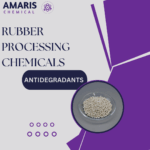 Antidegradants
Antidegradants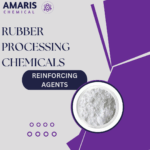 Reinforcing Agents
Reinforcing Agents Plasticizers & Softeners
Plasticizers & Softeners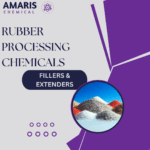 Fillers & Extenders
Fillers & Extenders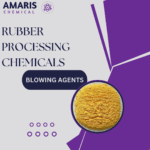 Blowing Agents
Blowing Agents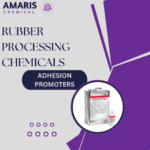 Adhesion Promoters
Adhesion Promoters
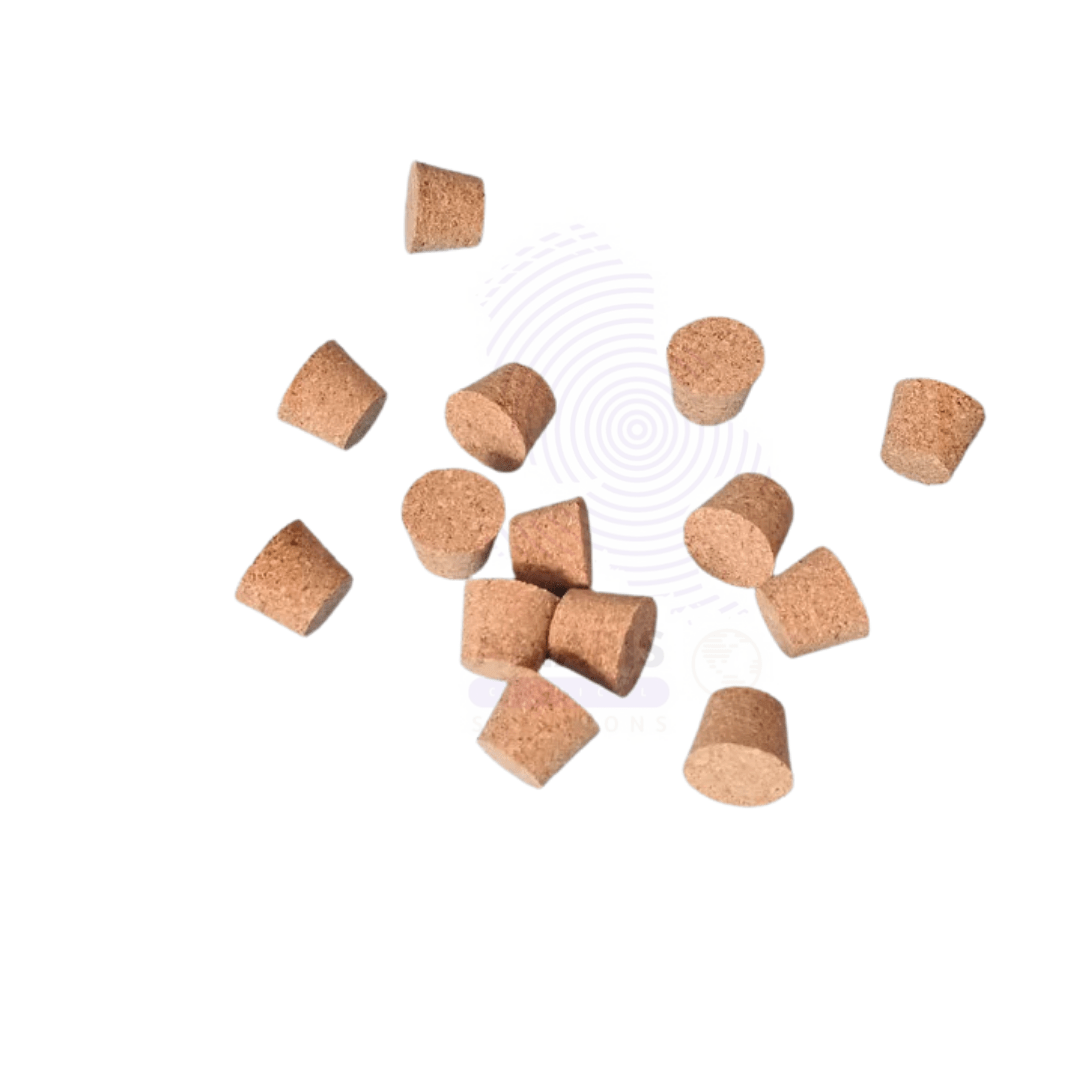
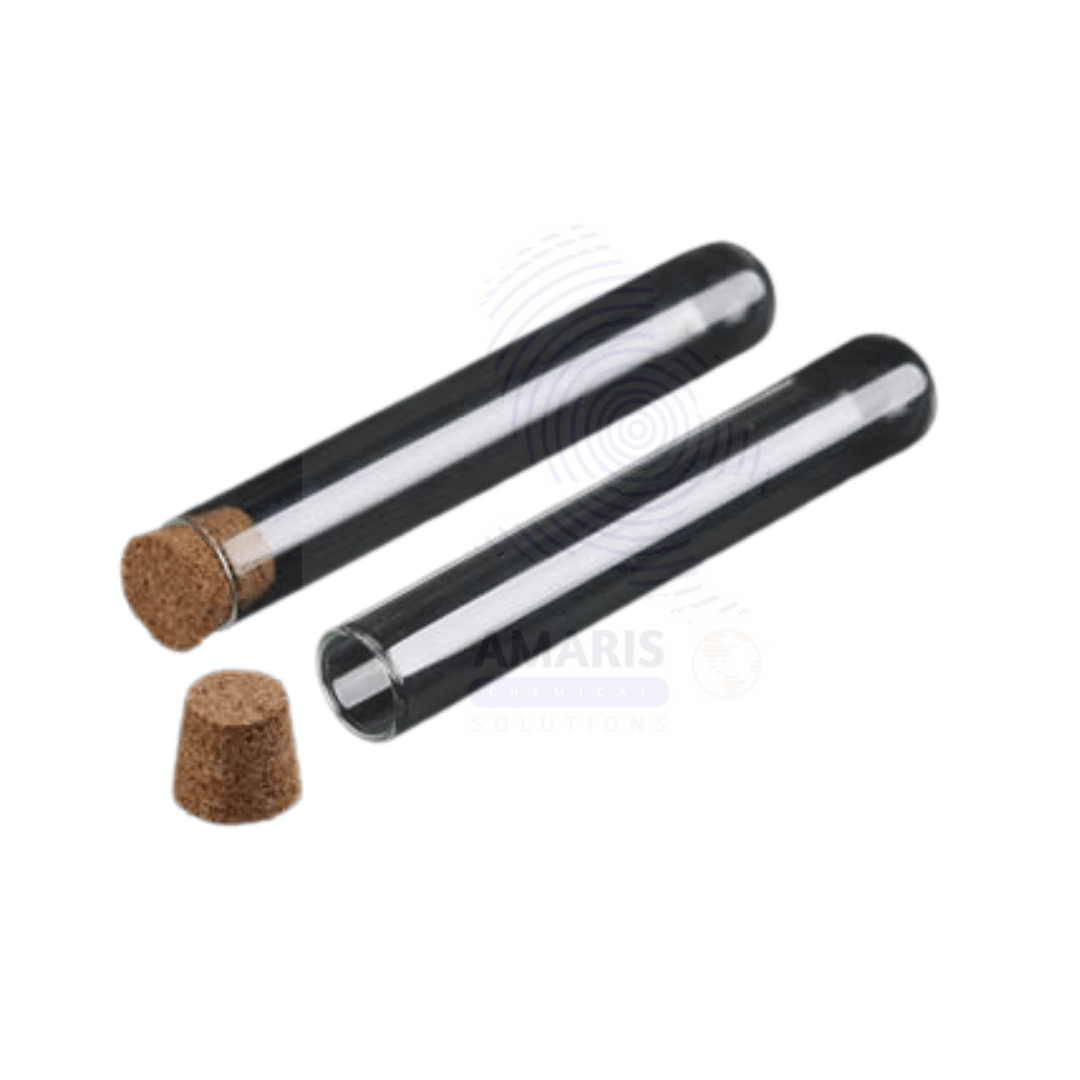
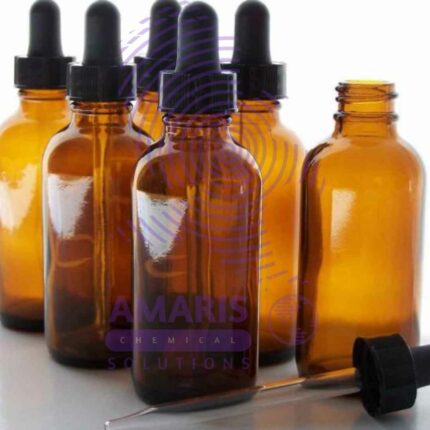

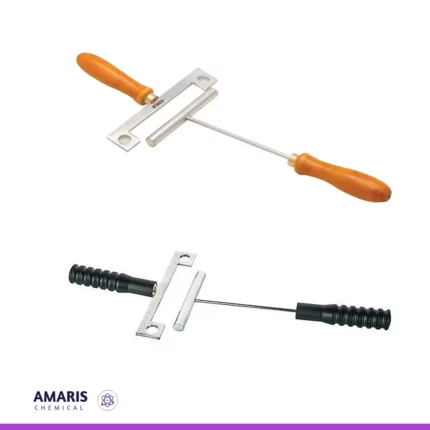
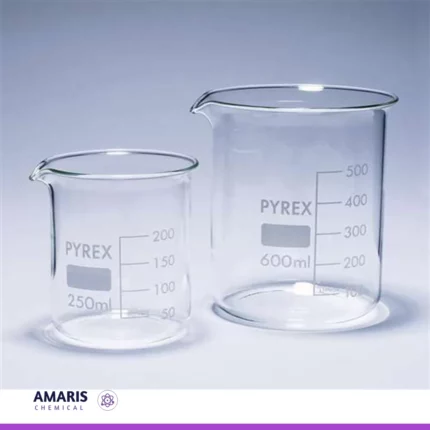
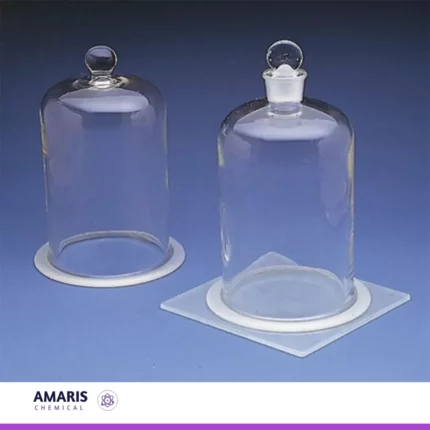
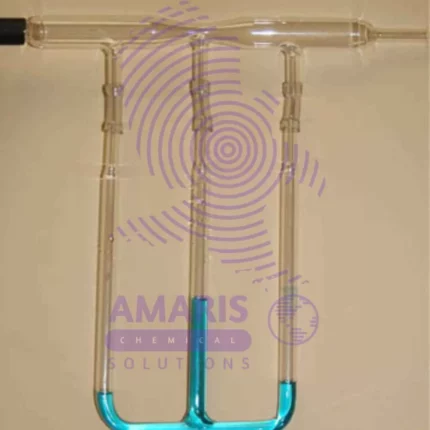













Dynasty –
Made from high-quality cork material, offering durability and long-lasting performance.
Miami –
Cork to fit test tube is excellent! It provides a snug and secure seal, preventing any leaks or spills. Highly recommend for anyone needing a reliable closure for their test tubes.
Leon –
I find corks for test tubes to be highly reliable in sealing test tubes securely.